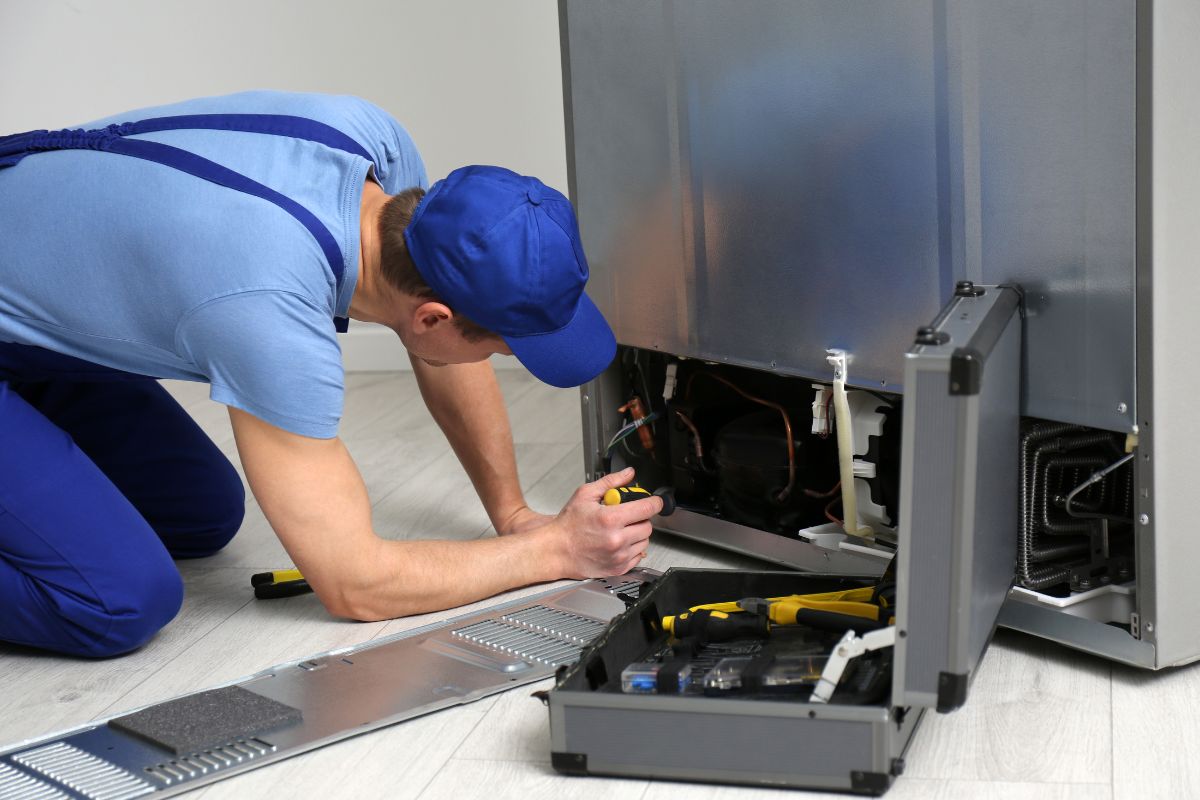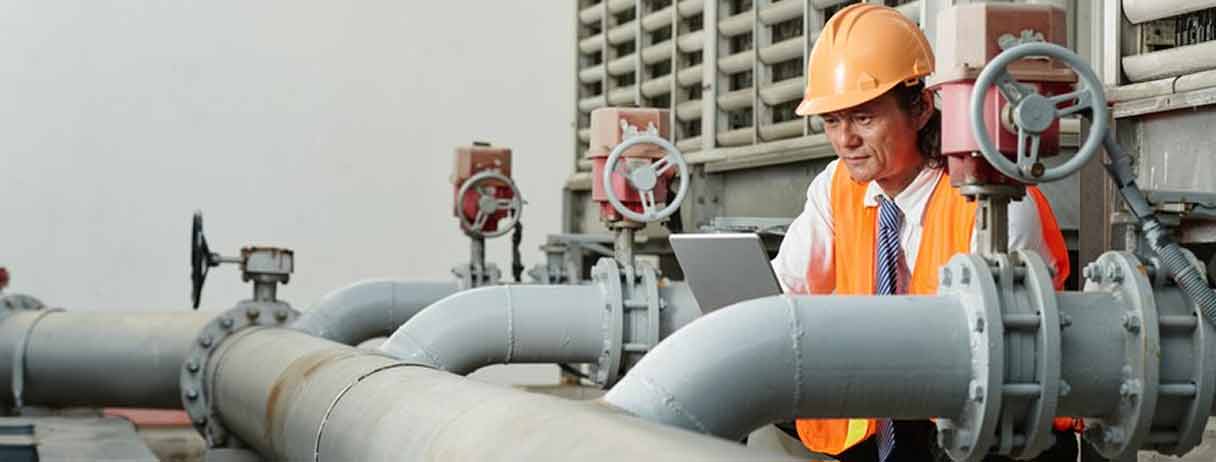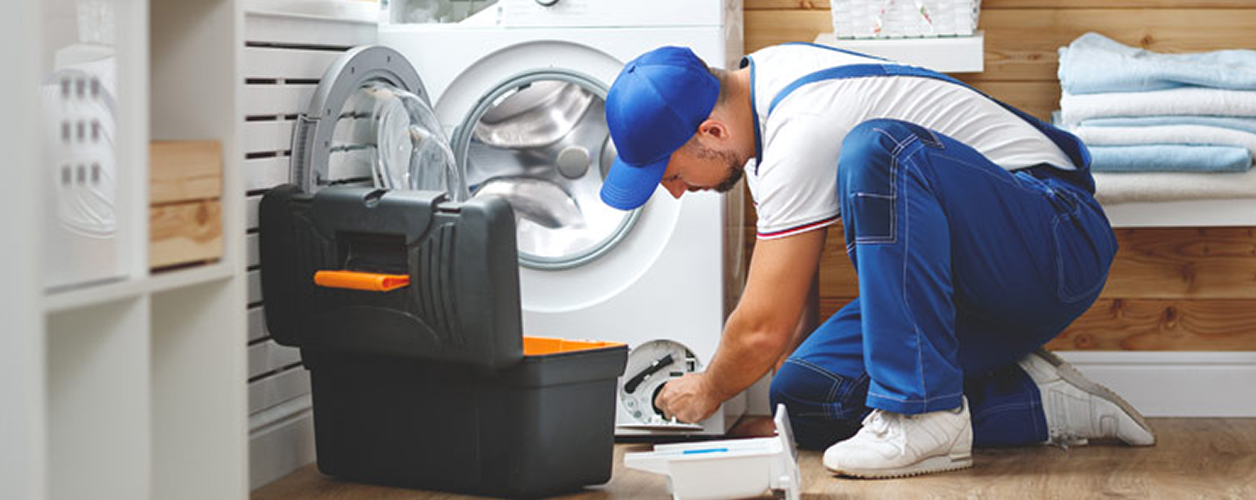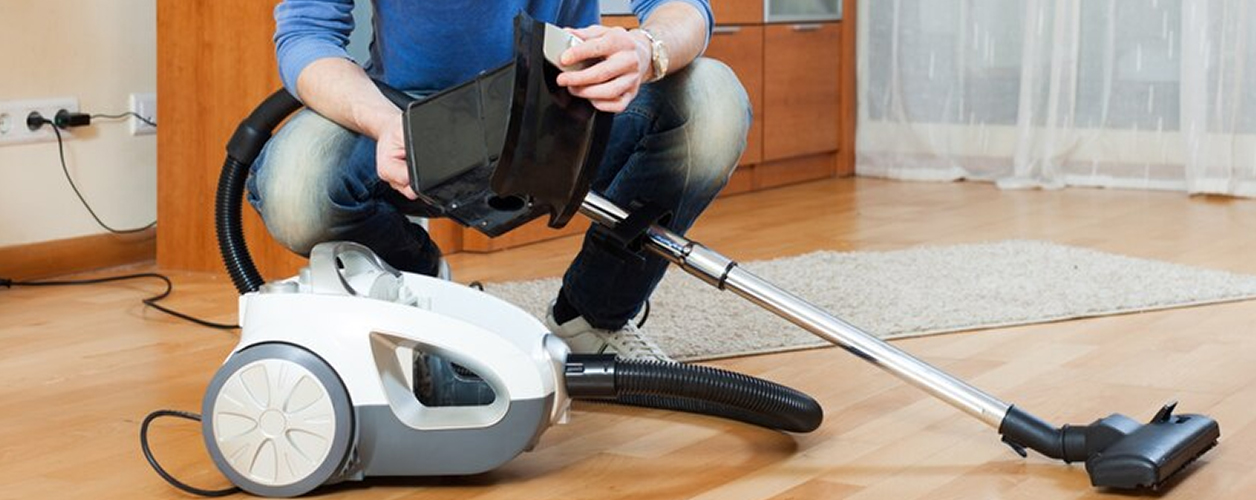Get free quotes within minutes
How to Fix a Refrigerator That’s Not Making Ice: Step-by-Step Guide

Table Of Content
- Introduction
- General Causes Of Malfunctioning Of The Icemaker
- Best Troubleshooting Steps For Fixing A Refrigerator
- Top Preventative Tips To Keep Ice Maker Working
- When To Call A Fridge Installation And Repair Expert?
- Conclusion
No one wants to grab a cold drink from their refrigerator only to find that the ice maker not working. Thankfully, there is usually nothing very serious with an ice maker, and most issues can be solved by the homeowner. Identifying the possible cause of an ice machine not working is important in order to avoid using a professional, which can be expensive.
In this guide, you will learn how to diagnose and solve the most common ice maker problems, including situations where the ice machine is not working. This comprehensive guide will provide all the information you need to check the water supply down to the mechanical aspects necessary to fix the ice machine and bring back frosty ice. Even though one can fix the ice machine and solve the problem in a few minutes, these tips will help you resolve the issue quickly, so you’ll be able to enjoy cold drinks very soon.
General Causes Of Malfunctioning Of The Icemaker
If your refrigerator’s ice maker not working or, after a period of normalcy, is no longer making ice, there are several common causes of these issues.
- Blocked Water Fill Tubes: Over time, the water fill tubes can freeze up with ice or become clogged with debris, preventing water from reaching the ice maker. If your fridge ice maker not making ice, checking these tubes can often reveal if they need cleaning and then fix the ice machine.
- Blocked or Frozen Water Inlet Valve: This mechanism is the inlet valve, which controls the amount of water supplied to the ice maker. If it is blocked or frozen, it won’t open, resulting in no water supply. This is a crucial aspect to examine if your ice machine is not working properly. By addressing these issues, you can effectively fix the ice machine and restore its functionality.
- Dirty or Clogged Water Filter: A clogged water filter is one of the causes of limitations of water supply to the ice maker water supply. However, to cope with volume and improve on performance one must always replace or clean the filter.
- Non-Functional Heating Element: The heating element is used in the ice machine to free the ice cubes from the fold area of the machine. If this element fails, the ice will remain stuck; it will not move down and so new cubes cannot be made.
- Accidental Pause Command: Some of the ice makers have a pause button which when pressed can be pressed by mistake by anyone. It helps to remind people to make more ice and if you find the supply low, check the machine to see if it is on pause.
- Thermostat Set Too Low: You should check the setting on the thermostat located in the freezer because an improper setting will keep the ice maker from working. Make sure it fits in the recommended temperature range to support enough formation of ice.
- Control Arm Out of Position: The control arm which helps control the amount of ice produced can be sometimes stuck or moved out of position. If so, this arm will hinder the working of the ice maker or even if well positioned, improper adjustment may lead to its total breakdown.
Best Troubleshooting Steps For Fixing A Refrigerator
Check the Water Fill Tubes:
The water fill tubes may be restricted by mineral deposits, frozen water, or other foreign materials, preventing proper water supply to the ice maker. When troubleshooting an ice maker on a refrigerator, follow these steps to inspect and clean the tubes:
- Access the Tubes: Turn off the electricity supply to the refrigerator and stop the water flow to the unit.
- Inspect the Tubes: Check for any visible blockages within the tubes. If you notice ice or debris, take care to remove it.
- Clean the Tubes: Rinse the tubes with warm water. For hard-to-remove debris, use a soft brush to gently scrub off the deposits.
- Replace if Needed: If cleaning does not resolve the issue, consider using new water-fill tubes to restore functionality. Following these steps can help you effectively troubleshoot and fix issues with your ice maker.
Examine the Water Inlet Valve:
The kick plate serves to trip the vending circuit that supplies water to the ice maker. To inspect this component:
- Shut Off Water Supply: Shut down the water in the house and disconnect the refrigerator from the electrical outlet.
- Access the Valve: Find a water inlet valve, usually it is situated at the rear of the refrigerator.
- Check for Blockages: Check for any obstruction or the rigidity of the part hence preventing water to be blocked from flowing freely.
- Clean the Debris Screen: The debris screen should be cleaned after the removal of the valve. Also, make sure that the valve that is used to shut off opens and closes without problem.
- Test the Solenoid Coils: If you think the problem lies within electrical components, verify whether the solenoid coils of the switch have continuity by using a multimeter while it is set to the highest value. Replace if faulty.
Clean the Water Filter
The water filter is also important to filter water to produce clean ice since impurities may affect the appearance. Follow these steps to maintain it:
- Locate the Filter: The water filter can be located based on the refrigerator manufacturer’s instructions.
- Remove and Inspect: Remove the filter and scan for indications of blockage, or even if they appear to be tainted in some way.
- Clean or Replace: Wash the filter based on the producer’s instructions, or discard and put in a new one if it is too fouled up or beyond its recommended life expectancy.
Check the Ice Maker Heating Element
The heating element makes it easier to unbolt the ice cube tray and the slight heat melts them. If this component fails, it can hinder ice production:
- Inspect the Heating Element: A simple way to identify problems with a device is to look for physical abnormalities or indicators of its breakdown.
- Professional Help Recommended: Replacing or testing the heating element:” It’s usually very crucial to test or replace it and you may need the assistance of a professional because testing heating elements are usually at live voltage.
Adjust the Thermostat
It was also observed that a low setting on the thermostat can cause a significant variation in the ice produced. To ensure optimal performance:
- Locate the Thermostat: Look for the thermostat on the refrigerator.
- Adjust Settings: Set the temperature of the freezer according to the manufacturer's directions, often this is at 0 degrees Fahrenheit (-18 degrees Celsius) or below.
Check the Control Arm
The control arm helps regulate ice production, and if it’s moved or obstructed, it can pause operation:
- Inspect the Control Arm: Check that the control arm is in the right position and all the obstacles are removed from the area.
- Reposition if Necessary: In the worst case if the arm is positioned or has been fixed in a particular wrong place then bring it immediately back to the right position to continue the ice-making process.
As a result of following these basic instructions in troubleshooting, one should be able to solve some of the basic problems affecting the ice maker and consequently offer a continued supply of ice.
Top Preventative Tips To Keep Ice Maker Working
Here is what you should know to avoid a broken ice maker:
Keep the Temperature as Prescribed:
Maintenance of the correct temperature inside your refrigerator is very important if you want a good freezing of ice. In general, the optimal Freezer temperatures are just around 0°F (-18°C). Make frequent checks on the temperatures to verify whether they correspond with the right setting as produced by the manufacturer. Uniform temperature, in addition to enhancing the quality of ice produced also benefits the effectiveness of your fridge.
Subject the Control Arm to as Little External Influence:
The control arm is an important component in controlling the actual production of ice. If it gets blocked or stuck it can cause a hold-up for the entire process of automatic test generation. Check from time to time for any sign of restriction of the control arm and be keen on the presence of ice or any other object that can hinder its movement. Staying in its right position is a way of making sure that your ice maker performs effectively.
Clean the water tubes and inlet valves regularly:
When the water is hard the mineral deposits in the water fill tubes and inlet valves cause blockages to occur. By this, it is recommended to conduct routine checks and clean those components. Washing down the tubes with warm water, and also keeping the tubes free from any obstruction around the inlet valves will make sure that water flows freely to produce ice.
Clean the Water Filter Regularly:
The important discovery is that a clean water filter is crucial for making clear ice that has a great taste. At some point, the filters can get filled with impurities, which is not good for the ice or the machines. The specific periods as to when cleaning must be done also depend on the manufacturer’s instructions and when the filter must be replaced. Some simple ways include cleaning the water filter frequently to have a well-functioning ice maker.
When To Call A Fridge Installation And Repair Expert?
My ice maker still isn’t working. What should I do? However, in case you have tried the suggested troubleshooting steps and your ice maker still does not work, then it is time to seek professional help. As we know, many things can be fixed by using a few tools and knowing how to use them – but some things in life call for a real professional.
Signs that require the services of an expert include when there is a continuous leak, unusual sounds, or when an ice maker is not making ice at all; despite having confirmed that the supply of water, fill tubes, and filter are okay. Moreover, if the ice is coloured or has some taste, it is wise to think about problems with water in the water supply as well as the ice maker problems.
Professionals have the implements and know how to troubleshoot and repair problems while at the same time eradicating the possibility of further damage. They can make checks that are deeper than the shell, for instance, checking on electrical circuits or refrigeration fluids. Hiring an expert will not only help you conduct a proper repair of your ice maker but also protect other components of your refrigerator.
In short, if your ice maker is still out of order, despite all the things described above, it is best to call a professional. That is money well spent to get the most from your appliance and to have that comfort of knowing it’s well protected.
Conclusion
Some ordinary problems that produce the failure of an ice maker in the refrigerator are the water fill tube clogs, the water inlet valve, a dusty water filter, the heating element or the control arm. When implemented you can be able to diagnose and solve most of these problems as highlighted in the troubleshooting sections. However, if the solutions mentioned above do not solve the problem of ice production, then it will be useful to turn to a professional technician. You can call for an expert to diagnose and fix it professionally so that your ice maker will return to normal functioning as expected.
Capital Cities
- Appliance Installers Services in Melbourne
- Appliance Installers Services in Brisbane
- Appliance Installers Services in Sydney
- Appliance Installers Services in Adelaide
- Appliance Installers Services in Perth
- Appliance Installers Services in Canberra
- Appliance Installers Services in Hobart
- Appliance Installers Services in Darwin













